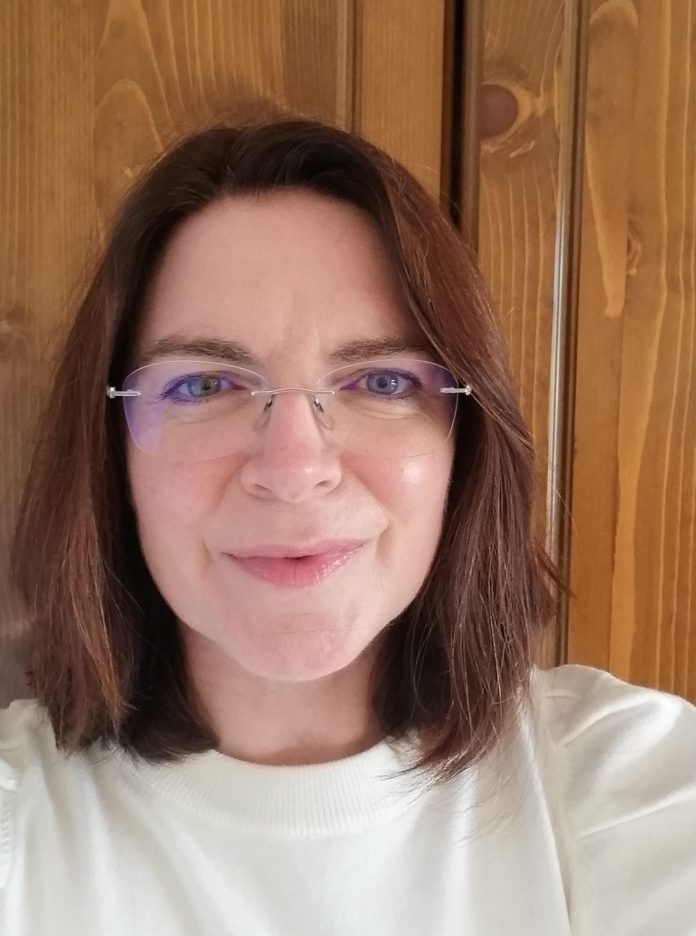Takeaway
I wrote this poem to explore sharing and receiving challenging news from the perspective of both clinician and patient. Reflecting on situations from multiple points of view enhances my ability to empathize.

Creative arts in medicine | March 27, 2025 | 1 min read
By Miriam Colleran, MD, St. Brigids Hospice & Naas General Hospital, Ireland
“Breaking bad news”
I’ve sat here before,
or did I—was it this very hospital room?
same plastic chairs,
same clinic couch with
a doctor behind that cold, stark desk.
She’s sitting across from me,
I’ve told other patients this before
but it’s different every time . . .
it’s the heartache and devastation in their eyes.
I’ve been reading, grasping for answers;
it’s the waiting for the doctor’s big reveal to come.
How will I cope with this?
I feel it welling up inside me—
Fear.
Good, she brought someone with her,
they both look nervous and wary,
the furrowed brows, the worried eyes.
I start: “Thanks for coming in today.”
Early in the pandemic, when we were physically distancing and socially restricted, I participated a weekend online “Basic Workshop in Narrative Medicine” from Columbia University. The compassionate and person-centeredness of narrative-based medicine (NBM) resonated with me as a way of looking beyond an unintentionally reductionist disease focus to seeing the patient as a person.
Shortly after, I searched online for more NBM courses. Happily, this search led me to the Narrative-Based Medicine Lab in Temerty, University of Toronto. NBM emphasizes the skills of reflective / close reading, close listening and reflective / close writing. Through the close reading of art and literature including prose, poetry, and video clips, NBM has helped my clinical communication skills, work satisfaction, and with processing of clinical challenges and complexities.
This piece initially started as a reflective writing exercise to write from two perspectives. As a palliative care doctor, I’m frequently involved in breaking bad news with patients and/or their family or loved ones. I’m also a family carer and have helped with the care of parents who both died of rare cancers. This fictionalized poem was inspired by exploring breaking bad news through the lenses of both the clinician and the patient. Seeing through a wider whole person care lens is essential for providing compassionate healthcare.
This piece expresses the views solely of the author. It does not necessarily represent the views of any organization, including Johns Hopkins Medicine.

